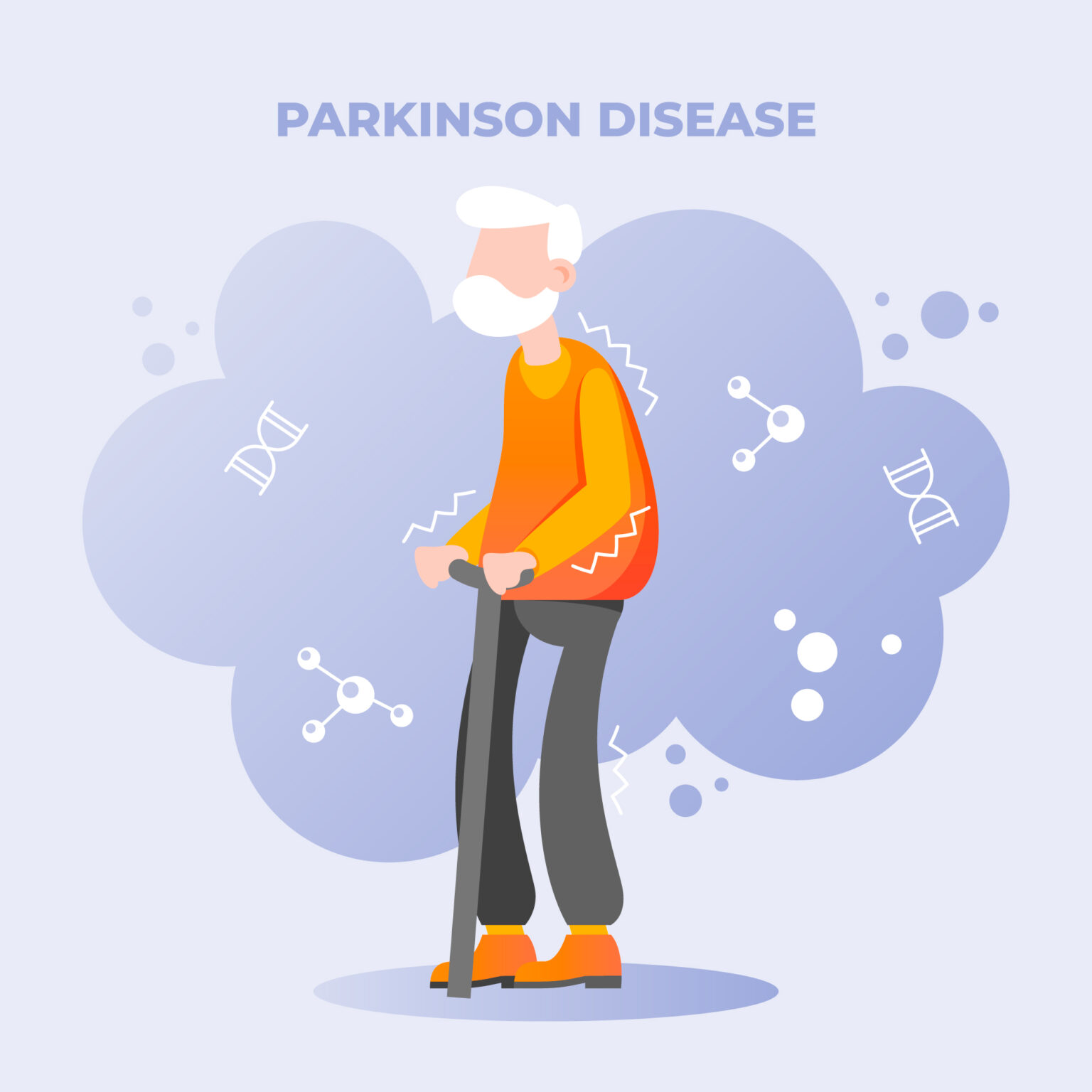Table of Contents
A group of scientists in their research at “University College London (UCL)” and “University Medical Center Gottingen” have created an AI-based blood test kit to detect early chances of Parkinson’s’ disease within a patient even before 7 years.
Individuals suffering from this disease are treated with the help of dopamine replacement therapy. The patients underwent treatment after developing the symptoms of Parkinsons’ disease such as weakness, tremors, and memory issues. The researchers believed that early detection of the disease might be beneficial to slow down or stop the development of the disease.
Eight Proteins present in the blood can help in forecasting the onset of “Parkinson’s disease (PD)” as per the new findings of the research. In this study, AI is combined with Protein biochemistry The eight proteins act as “biomarkers” for molecular changes occurring in the early stages of the disease, enabling the identification of individuals at risk for PD.
The research was published in the Journal of Nature Communication on 18TH June 2024.
Blood Samples of the Participants
In the study, the team of researchers at UCL analyzed the blood specimens of 99 individuals having PD.
72 individuals with sleeping disorders but no movement-related symptoms and 36 healthy persons.
Key Findings
The study revealed that concentrations of eight specific proteins in the blood were consistently altered in the predecessors.
The AI model was changed to recognize the patterns of the biomarker proteins it was found that 72 patients with sleep behavior disorder are predicted to develop PD in the future.
However, the accuracy of the model was 79% in terms of predicting PD up to seven years before symptom onset
Implications:
- The early detection of PD before even the system appears in carrying out intervention with experimental treatments potentially slowing or preventing disease progression.
- The identification of protein bio-maker that is linked with the processes such as inflammation and protein degradation might be the target of new drugs.
- The identified bio makers could be used to evaluate new therapies and help in developing treatments that address the disease in its early stages
What is Parkinson’s’ disease?
Parkinson’s disease is a condition of the brain that causes unintended or uncontrollable movements within the body such as difficulty in balancing, stiffness, shaking and coordination. The symptoms of this disease start slowly but worsen over time resulting in behavioral changes in the patients. This also includes depression, memory difficulties, fatigue, and sleep problems.
The reason behind Parkinson’s disease and Dopamine
Basal Ganglia is an area of the brain that controls movement, when this area of the brain dies or becomes impaired it contributes to the rise of Parkinson’s disease. These brain cells are responsible for producing important chemicals in the brain, also referred to as dopamine.
When the neurons of this side of the brain become nonfunctional it produces less dopamine. The real reason for the disease is still unknown, however, individuals suffering from Parkinson’s disease lose the nerve endings responsible for producing norepinephrine a chemical messenger of the sympathetic brain that takes care of the many functions of the body.
This in turn shows side effects such as irregular blood pressure, decreased movement of food during digestion, and sudden pressure drop.
Symptoms of the disease:
- Depression
- Trouble in speaking, chewing, and Swallowing
- Constipation and Urinary Problems
- Slow Movement
- Imbalance
- Skin Problem
- Stiffness in Muscles
Conclusion
Overall, the study by researchers represents a significant advancement in the early detection and potential treatment of Parkinson’s disease, offering hope for improved patient outcomes in the future.
